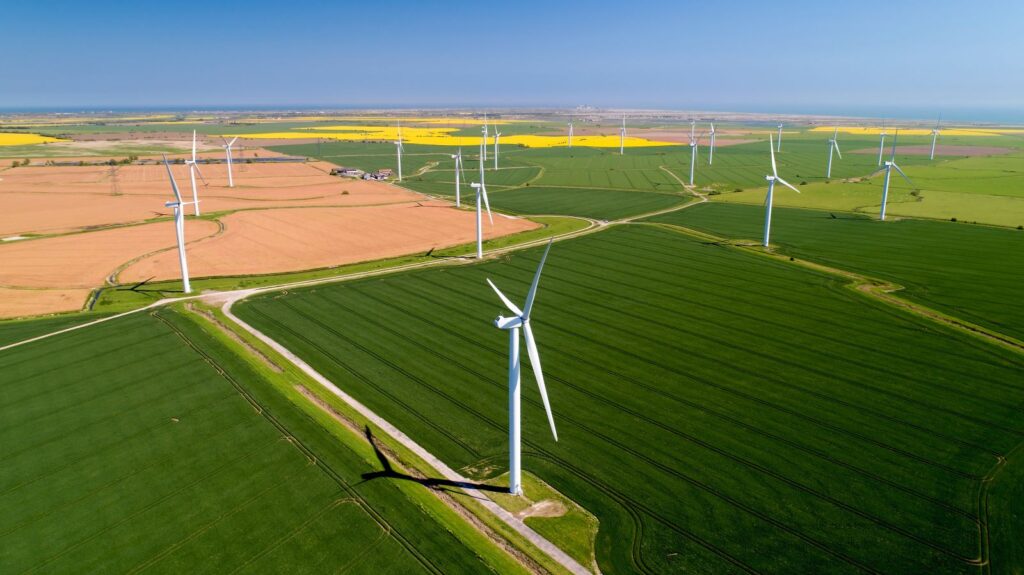New advisory group to accelerate investment into sustainable UK agriculture and fisheries
12th April 2023
Launched today (12th April), the new Land, Nature, and Adapted Systems (LNAS) Advisory Group will inform Defra on definitions of economic activities that can be considered environmentally sustainable to enhance the UK’s resilience and deliver climate and nature goals.
Hosted by the Green Finance Institute and backed by Defra, the group’s work will expand that of the Green Technical Advisory Group (GTAG) – currently advising government on the design and implementation of a UK Green Taxonomy – to help accelerate investment into sustainable agriculture and fisheries.
With three-quarters of UK FTSE All-Share firms ‘highly dependent’ on natural capital, encouraging private investment into nature to strengthen investment opportunities and scale up nature markets is a key element in ensuring the future health and resilience of the UK economy.
Lord Benyon, Environment and Green Finance minister, said these efforts will help drive positive change in private finance and address the pressing issue of nature decline.
“To restore landscapes and ensure thriving plants and wildlife, we need to mobilise much-needed investment into the natural environment and prioritise clean and resilient growth,” he said.
“The government has backed the development of this group to support long-term, sustainable nature recovery as part of our target to stimulate at least £500 million of private investment a year into nature’s recovery by 2027.”
The LNAS Advisory Group was born following GTAG’s recommendation for the government to adopt the majority of the EU Taxonomy Technical Screening Criteria (TSC) with the exception of segments deemed unsuitable for the UK based on advice from the new group.
Dr Rob Bradburne, chief scientist at The Environment Agency, was appointed as chairman of the LNAS Advisory Group, the members of which represent stakeholders from across finance, farming, fisheries and the environment. Dr Bradburne emphasised the urgent need for private sector funding to help the UK in meeting its nature and climate targets.
“Channeling capital to facilitate a thriving natural world where habitats and species are diverse and abundant is essential for our food and economic security, as well as efforts to tackle climate change,” he said.
“A science-based UK Green Taxonomy that works for the market, with robust nature and environmental criteria will help direct capital towards activities and investments where more private sector investment is urgently needed to assist the UK in meeting its nature-related goals.”
The government’s main climate and environment targets include:
- Stimulating at least £500m of private investment per year by 2027 to support nature recovery – rising to at least £1bn per year by 2030.
- Legally binding targets to improve the environment in England, for example halt the decline in species populations by 2030, and then increase populations by at least 10% greater than 2030, by 2042.
- Legally binding carbon reduction targets of 78% reduction against 1990 levels by 2035 and net zero by 2050.
The LNAS Advisory Group will initially focus on developing criteria for sustainable agriculture and fisheries, for which it plans to take a novel and holistic approach taking into account climate mitigation and adaption needs and also wider considerations relating to:
- Sustainable use and protection of water and marine resources
- Transition to a circular economy
- Pollution prevention and control
- Protection and restoration of biodiversity and ecosystems
Subsequently, the group will work on developing the climate adaption elements of the taxonomy by considering the role of infrastructure and also nature-based solutions in delivering adapted and resilient systems in the UK.

